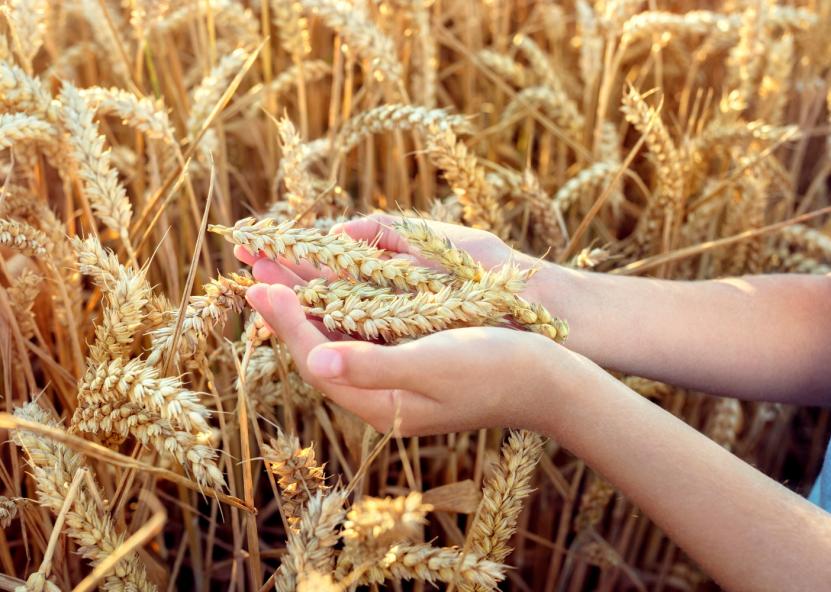Experts: poor wheat harvests in the EU could play into Russia's hands
On 20 August, Egypt announced the largest quota order in its history of 3.8 million tonnes. Negotiations with Russian suppliers have already started, reported „Reuters“.
This is just one example of how the European Union's (EU) wheat export markets are shrinking relative to other suppliers, especially Russia, noted Thierry Pouch, an economist at the Chambres d’Agriculture France.
The world's largest wheat importers are the Middle East and North Africa regions, with France, with a 25% share of EU exports, being the biggest exporter.
„Now that many importers are entering into negotiations with exporting countries, the next few weeks will be decisive“, added Mr Pouch, stressing that „the EU needs to quickly contain Russian aggression and secure its markets“. Russia is currently the main supplier to Algeria, which has long been a customer of France, a trend which is further reinforced by the diplomatic conflicts between Paris and Algeria over Western Sahara.
T.Pouch pointed out that until ten years ago, Egypt used to buy most of its food from France, but now Russia and the United States are the main suppliers. Similar trends can be observed in other traditional EU markets such as Tunisia and Morocco. These countries are struggling to secure their own production and will turn to countries that can guarantee them quantities and prices commensurate with their economic situation and debt levels, and what Russia can offer them," noted Mr Pouch.
The current persistent drought events in North Africa are increasing import dependency. Morocco, Algeria and Tunisia have purchased 19.5 million tonnes of wheat from abroad this year, compared with 17.1 million tonnes last year.Russia is one step ahead in this struggle for influence on the global wheat market. Although the country is experiencing a slight drop in exports compared to last year (exports are forecast to reach 43 million tonnes compared to 56 million tonnes in 2023), it has achieved its third best harvest in the last 5 years – 82 million tonnes.
Thanks to the cheap rouble, which is currently very favourable for exports, Russia will take advantage of this situation „to further reduce prices“ in order to capture new markets, the economist notes.The EU needs "more aggressive agricultural diplomacy", said Mr Pouch. „Decision-makers need to be made aware of the importance of maintaining and strengthening European trade flows, as the EU's creditworthiness vis-à-vis Russia depends on it,“ he added.









































































































